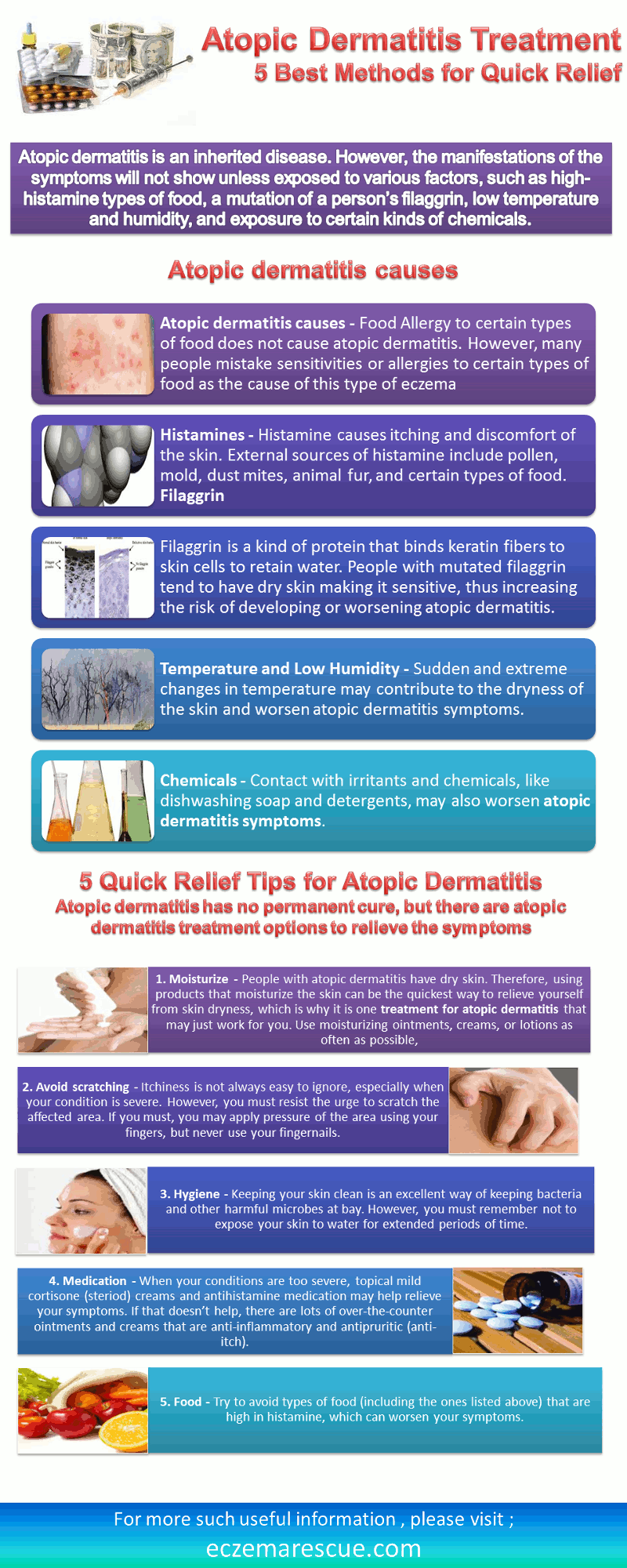If your necklace leaves rashes around your neck or your earrings make your earlobes tingle, you might have a nickel allergy. It is among the most common skin allergies, partly because nickel is utilized in everything from jewelry to zippers, coins, eyeglass frames and cell phones.
Nickel Allergy Symptoms
You’ll normally experience nickel allergy symptoms 6 – 24 hours after you are exposed. These symptoms include dry patches, redness, itching, rash, swelling of the skin and blisters. The blisters might break, leaving scales and crusts.
If not treated immediately, the skin might become cracked, leathery and dark. Normally, the rash is only on the area of the skin in direct contact with the item containing nickel. In serious cases, the rash might spread and sweating might worsen it.
Treatments
A doctor can diagnose a nickel allergy by looking at the skin and asking if you have touched anything metal. Your dermatologist can also perform a simple skin patch examination. The doctor applies tiny amounts of nickel as well as other allergens on the patches that are applied to the patient’s upper back. The patches should stay on for forty-eight hours. If you’re allergic to nickel, the skin will possibly show a reaction after forty-eight hours. In some cases, more tests are needed.
A nickel allergy often lasts your entire life once it develops. However, there are ways to ease the nickel allergy symptoms. The most important thing to do is to avoid contact with items that can cause an allergic reaction. Antihistamine pills and hydrocortisone cream can be used to treat mild symptoms. For more severe nickel allergy symptoms, you doctor might prescribe antihistamine pills or a steroid cream.
If the skin is blistered or cracked, you have to remove any metal jewelry immediately and consult your doctor for treatment in order to prevent infection.
7 Ways To Avoid A Nickel Allergy
1. Your jewelry should be made of 24-, 18- or 14-karat yellow gold or surgical-grade stainless steel. White gold might contain nickel. Other metals that are free from nickel include copper, pure sterling silver, titanium and platinum. Polycarbonate plastic is also fine. If you have to wear earrings that consist of nickel, make sure to add plastic covers made particularly for earring studs.
2. If you are planning to get some parts of your body tattooed or pieced, have it done with disinfected, surgical-grade stainless steel tools. Avoid piercing guns because they might contain nickel and might cause bacterial infections.
3. Purchase nickel-free eyeglass frames. Instead, get those made of plastic or titanium.
4. Wear watchbands made of cloth, plastic or leather.
5. If the piece of jewelry that you wear every day causes a reaction, you can ask a jeweler to plate it in a metal that is free from nickel like platinum.
6. Purchase clothes with snaps, fasteners, buttons or rivets that are plastic-coated or made of plastic or painted metal.
7. If you’re very sensitive to nickel, you might also need to avoid foods that are rich in nickel such as chocolate and fish.
